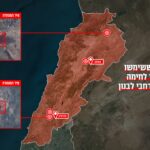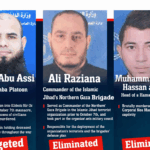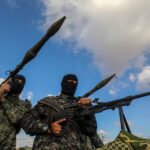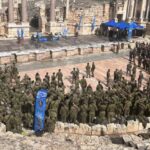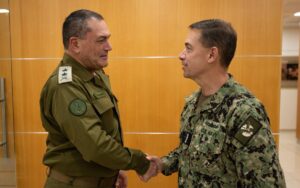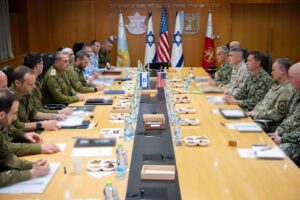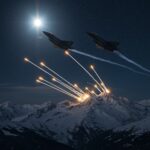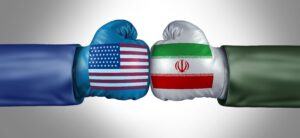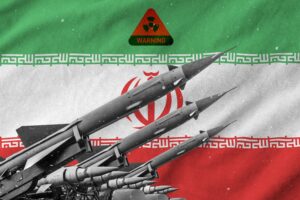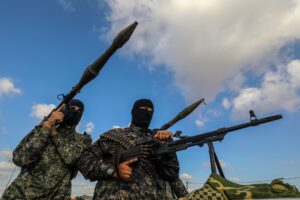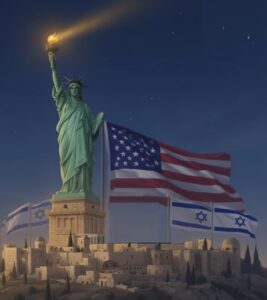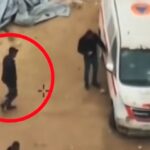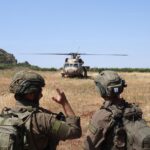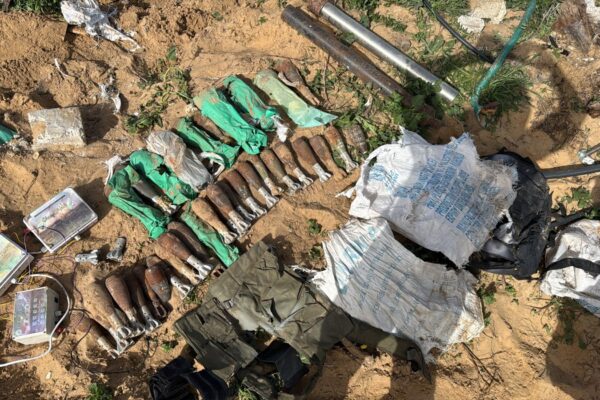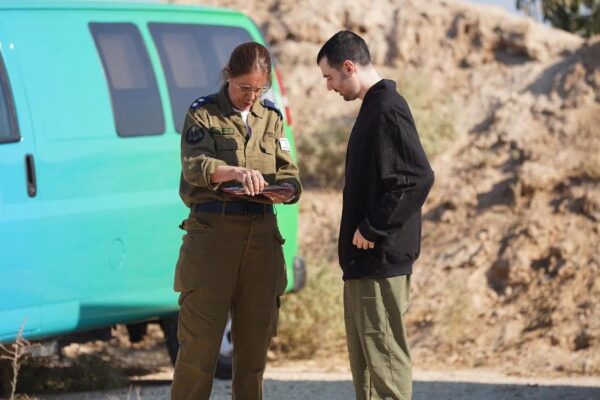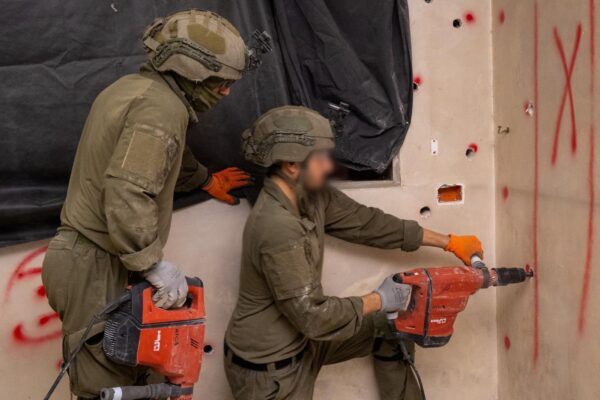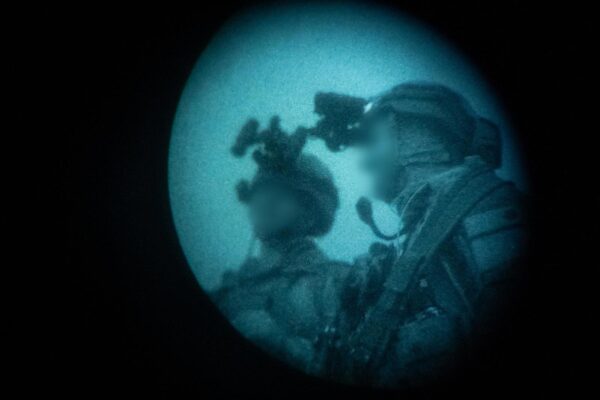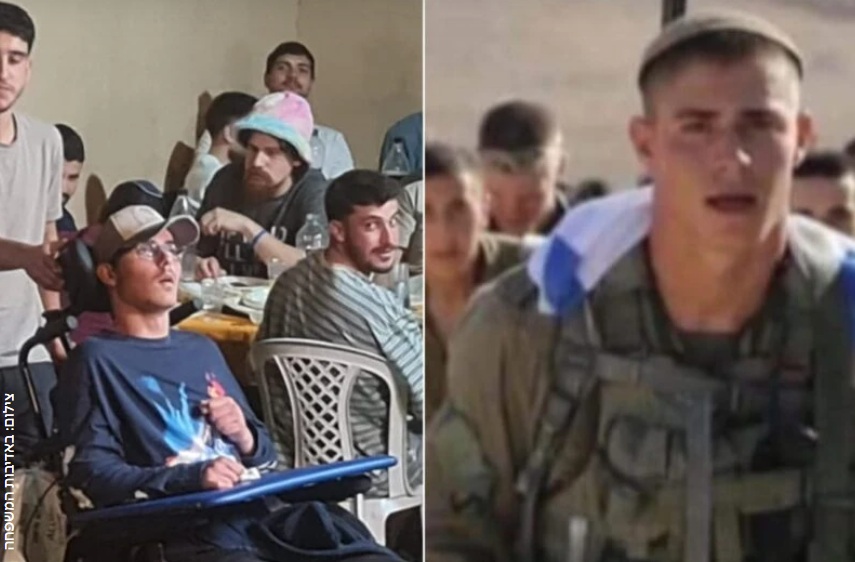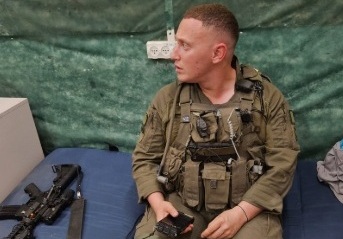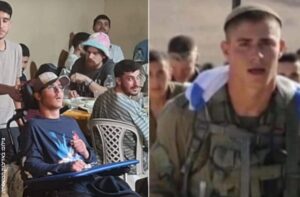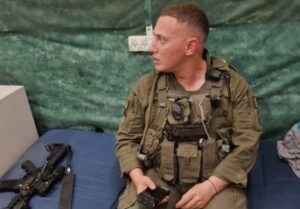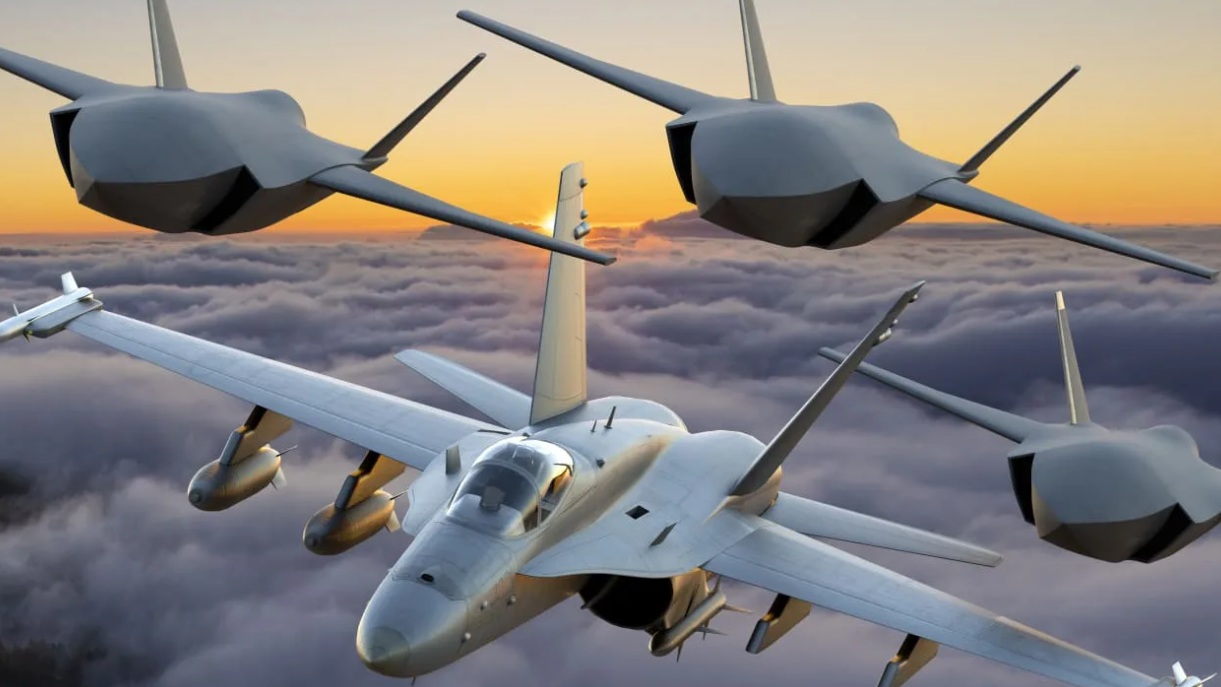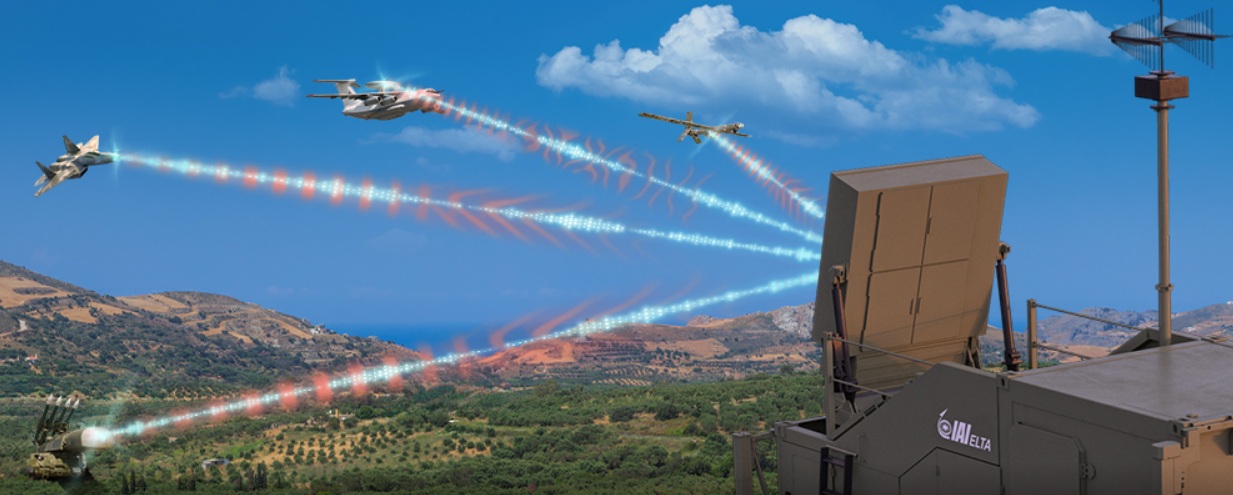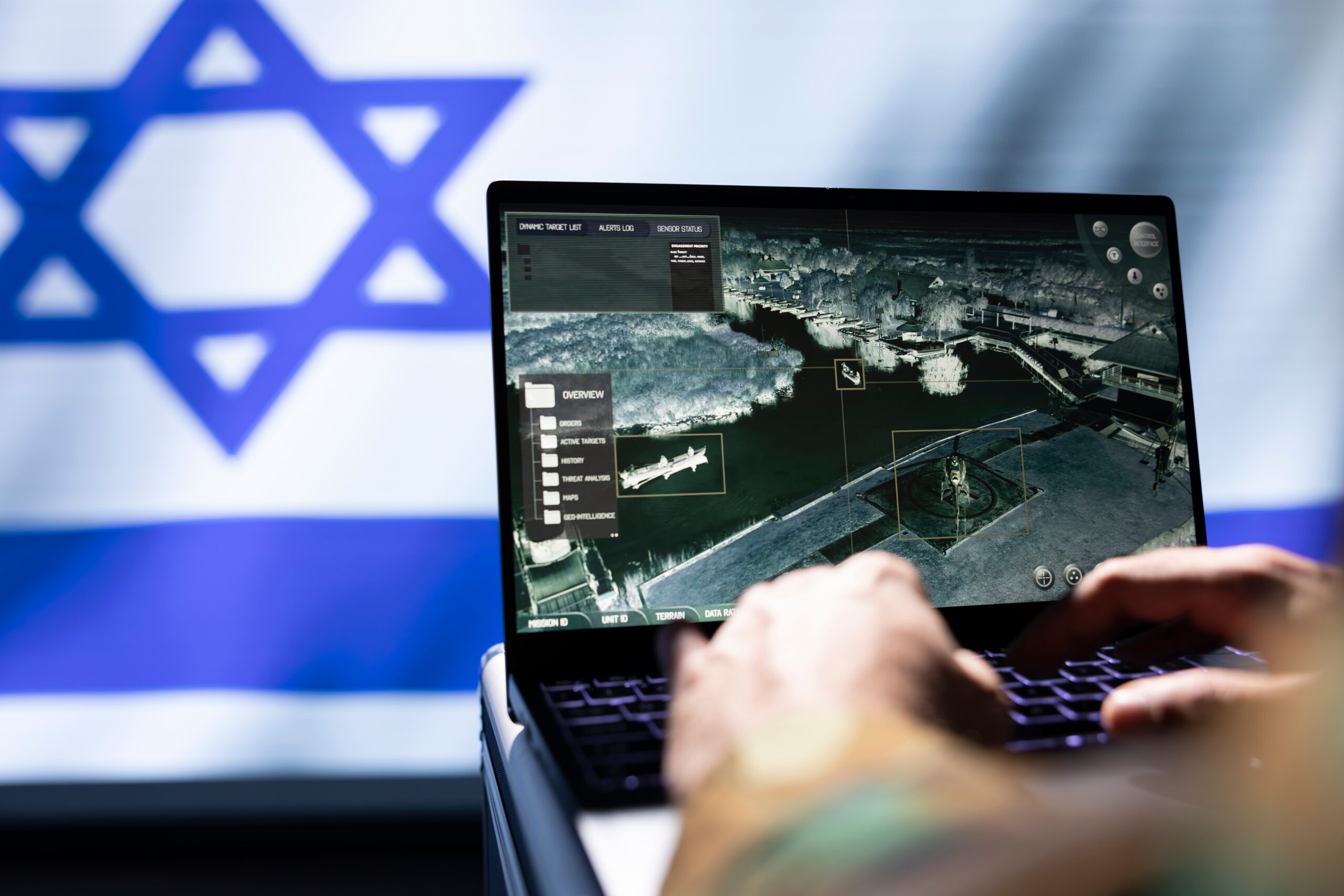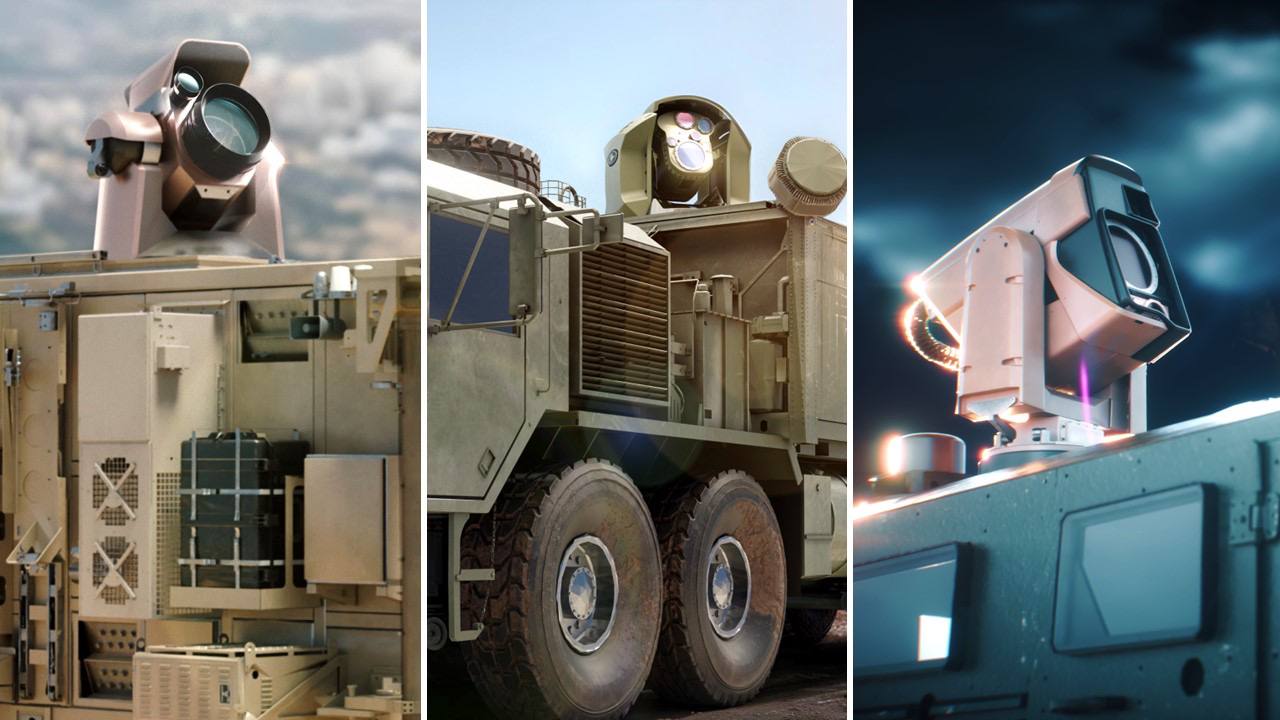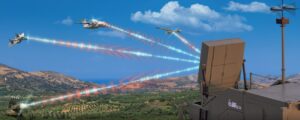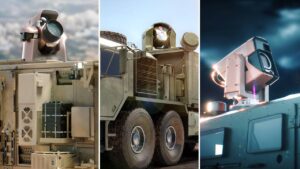Hezbollah launched 230 rockets and 20 drones into Israel, most of which were intercepted.
By The IDF Club
Following Hezbollah’s foiled attack against Israel on Sunday, an IDF infographic showed that 90% of missiles were launched from civilian areas.
Hezbollah launched 230 rockets and 20 drones into Israel, most of which were intercepted.
“The Hezbollah terrorist organization places its terrorist infrastructure in the middle of the civilian population, using Lebanese civilians as human shields,” the military says.
The IDF’s preemptive strike removed much of the threat, and Hezbollah was planning to launch hundreds more to hit military sites and locations in central Israel.
Like Hamas in Gaza, Hezbollah is embedding its terror infrastructure within the civilian population.
Evidence of this was discovered in March when the IDF struck a weapons depot in the heart of a civilian area in Lebanon.
Footage of aerial bombing of a weapons depot in a village in the Baalbek region in south Lebanon showed the ammunition was kept in civilian areas.
“Hezbollah places its production infrastructure in the heart of civilian populations in southern Lebanon, in the Beqaa Valley and Beirut, and uses the Lebanese people as human shields,” the IDF said in a statement.
“The large and lengthy secondary explosions seen in the video are further proof of Hezbollah’s modus operandi, in which it stores explosives and dangerous chemical substances in civilian villages.”
Throughout the war in Gaza, the IDF repeatedly discovered terrorist infrastructure and ammunition stored in schools, mosques, and hospitals.
As early as 2021, the United Nations (UN) admitted that the Hamas terror group placed one of its tunnels under an UN-operated school in Gaza.
“A detailed assessment on 31 May 2021 revealed what appears to be a cavity and a possible tunnel at the location of the missile strike,” said a United Nations Relief and Works Agency (UNRWA) press release.
“UNRWA condemns the existence and potential use by Palestinian armed groups of such tunnels underneath its schools in the strongest possible terms. It is unacceptable that students and staff be placed at risk in such a way.”
Years later, during the Gaza War, despite the apparent condemnation of Hamas for using UNWRA facilities as a cover for terror activities, it came to light that Hamas had infiltrated the UN group, and a sizeable percentage of UNRWA workers were directly involved with terrorist organizations.



